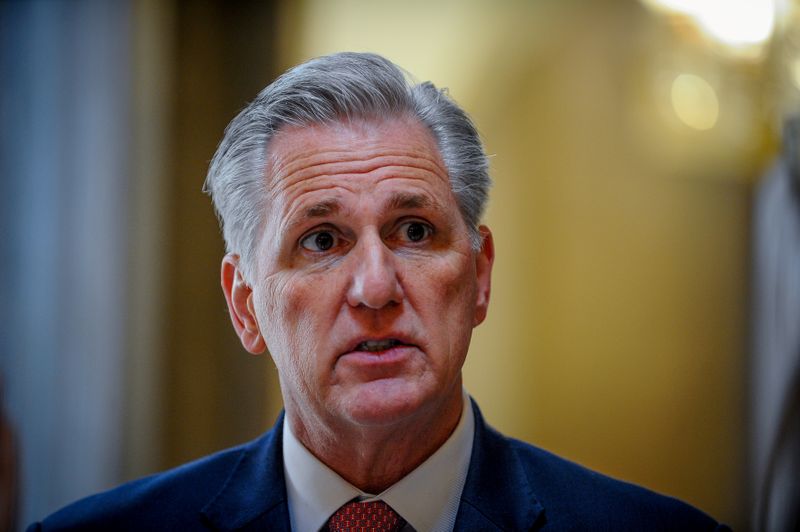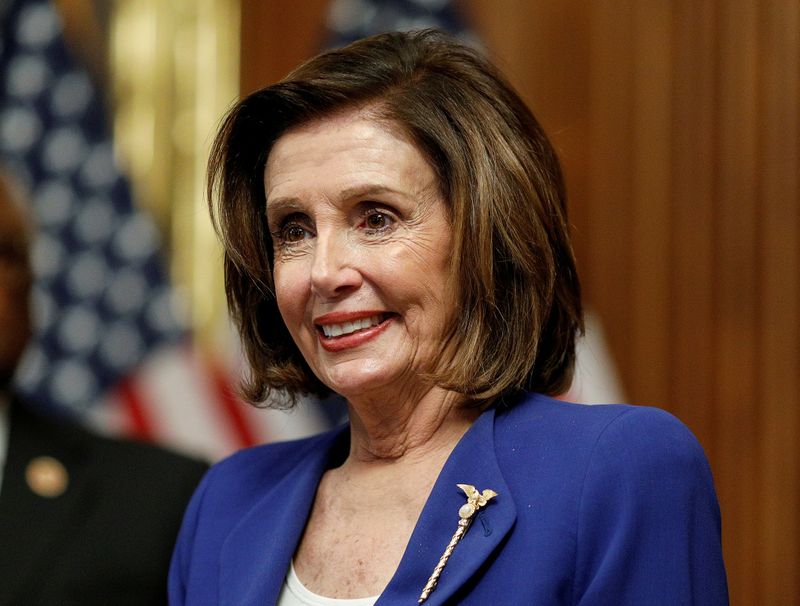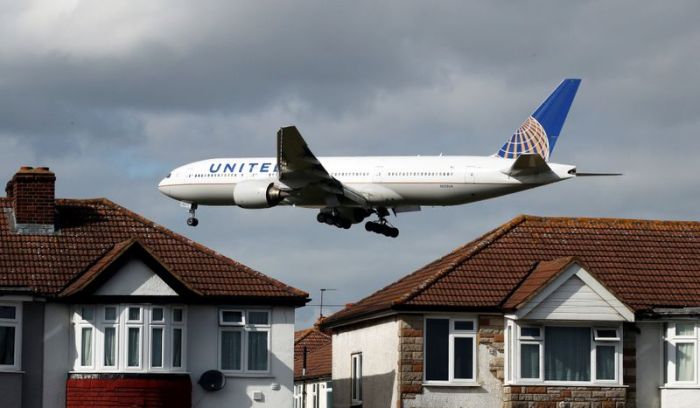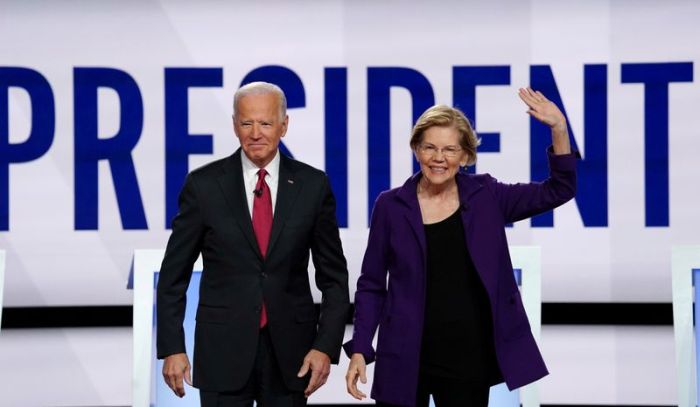WASHINGTON (Reuters) – A leading member of the U.S. House of Representatives recommended on Thursday a voting system to allow lawmakers to authorize other lawmakers to vote for them during the coronavirus pandemic.
The recommendation from the chairman of the powerful House Rules committee came as members of Congress argued about what the next coronavirus rescue package should include, while a program to help small businesses ran out of money and the economy continued to struggle from a monthlong shutdown.
The coronavirus outbreak, which has killed over 32,000 Americans and thrown more than 22 million out of work, has increased the urgency for Congress to adapt its working style as leaders of both parties say they need to authorize more money to fight the disease’s heavy human and economic toll.
Under the remote voting proposal, “any member unable to travel to Washington due to the pandemic could provide specific instructions for each vote to a fellow member who has been authorized to cast those votes on their behalf,” Democratic Representative James McGovern, the rules committee chairman, said in a statement.
The plan would need to be passed as a temporary rule change by the Democratic-majority House before it could take effect. House Speaker Nancy Pelosi, who had previously resisted the idea, said on Thursday she had not yet seen any workable proposals but would be open to McGovern’s findings.
Congress has not met in regular session since last month because of the virus. Congressional leaders decided this week to extend an ongoing recess until at least May 4.
The House passed a $2.3 trillion coronavirus bill late last month on a voice vote, which requires fewer people in the chamber. But one member unsuccessfully sought a roll call vote, causing a number of other lawmakers to rush back to Washington despite the spread of the virus.
That member, Republican Representative Thomas Massie, has said he would do the same again if another major coronavirus bill is brought up, arguing that lawmakers should be on record on such important legislation.
The Congressional Budget Office on Thursday estimated the recently passed coronavirus bill would add $1.8 trillion to the federal budget deficit over the next 10 years. Although the bill provided more than $2 trillion in aid, its projected cost was less because some of the money was in loan guarantees, the CBO said.
There was little immediate danger of new legislative action on Thursday. Senate Majority Leader Mitch McConnell, a Republican, said there had been “absolutely no progress” among lawmakers on agreeing to more funding for the $350 billion small business program that Congress set up last month and is already depleted.
The Trump administration and congressional Republicans say the next coronavirus response bill, the fourth of the crisis, should simply add $250 billion to the small business program to help preserve businesses and jobs.
Pelosi said Democrats “fully want” to give small businesses more money but are also urging more funding for state and local governments and hospitals coping with the pandemic. She was meeting again on Thursday with the administration on the matter,
With President Donald Trump readying new guidelines to reopen the economy after a monthlong shutdown over the coronavirus outbreak, and naming a bipartisan task force of lawmakers to advise him on it, Pelosi said any transition to a reopened economy should be based on science and testing.
“We shouldn’t be having a conversation about how many people (are) OK to die, for us to open up,” she said.
(Reporting by Susan Cornwell; editing by Jonathan Oatis)

























